Baby Boomers may well remember an old “Twilight Zone” episode where an ad agency executive told a laid-back employee to be more aggressive; this was a “push, push, push world”. Decades later, brothers E.J. and Blake Cox would disagree with the executive in more ways than one.
Before starting Above All Lawncare in the Memphis suburb of Cordova, Tennessee, E.J. wanted to be an airline pilot like his dad, while younger brother, Blake, wanted to be a musician. Instead, they now operate a million-dollar-plus, full-service landscape management company. What a difference 10 years make.
“Our dad flew for FedEx for more than 25 years and it was natural for me to think about being a pilot,” recalls E.J. “9-11 changed my mind about that because I knew the airline industry would never be the same.”
Blake, three years younger, had his mind set on playing drums for a band. He enjoyed playing gigs, and what better place to start a career as a musician than in Memphis. “It’s a tough way to make a living,” says Blake, referring to being a band member. “Sometimes, you might end the evening with a couple hundred dollars in your pocket. But more likely, it was much less than that, and often your receipts would be just enough to cover your costs, maybe. In other words, my future wasn’t looking all that bright.”
So 11 summers ago, the brothers started to bring home the bacon by cutting lawns with a couple of Honda push mowers. At the time, E.J. was a freshman at the University of Memphis and Blake was still in high school. They would tag team the mowing, depending on their class schedules. By the end of the first summer, they mowed 30 to 35 lawns a week and charged anywhere from $20 to $40 per lawn. The number of lawns doubled by the end of the second year, and they totaled 100 by the end of their third year in business.
“We had created a niche,” relates Blake. “Our customers liked the fact that we mowed with push mowers instead of larger mid-size or zero-turn mowers. Unfortunately, as the business and our overhead grew, we simply couldn’t make money with our mowers.”
Enter their first Walker Mower. “Other area landscape contractors were using Walker Mowers, and we thought they would be ideal for our residential properties,” says E.J. So the brothers went to their longtime dealer, Mid-South Small Engines in Memphis, to purchase a new 28-hp EFI Walker Mower. The machine was equipped with a 42-inch GHS deck and the large hopper.
“It was just the right piece of equipment for our business, but the loan officer at the bank wouldn’t approve the note,” E.J. recalls. “The bank president proved more open-minded, however, and we got our loan and mower.”
Customer Skepticism
Convincing the bank president that they could pay back the loan was one obstacle to overcome. The other was convincing customers to give up the push mowers. The Cox brothers succeeded in relatively short order, converting 95 out of 100 to Walker Mowers and their quality of cut. The other five didn’t want to change and still requested push mowers for their properties.
The brothers reported that the purchase paid dividends immediately. On average they mowed three lawns with their new mower in the time it would take them to mow one with a push mower or two. Twenty lawns a day became their new Walker Mower mantra while they employed a second truck and crew to satisfy their few recalcitrant customers.
The following year they nearly doubled productivity by purchasing a used Walker Mower with a small catcher and speed-up kit. “It was so fast that we were spending almost as much time dumping clippings as we were mowing,” E.J. laughs.
But the die was cast. Within a couple of years, their Walker fleet grew to six mowers, all with larger catchers and 42-inch GHS decks. Customer numbers grew too, from 100 to 300.
Natural Progression
Six years into the business, Above All Lawncare was running three trucks, each with at least one Walker Mower and a Honda push mower. Then, the owners tested the commercial market, taking on an HOA and a small office. “One of our residential customers owned a small business,” E.J. relates. “Just like that we started maintaining commercial properties.”
Venturing into a new market inspired the brothers to take a second look at their business structure. “The only way to grow is to spend more time working on the business,” E.J. emphasizes. “I started to do more interacting with potential commercial customers, while Blake spent more of his time checking on the crews and properties.”
The owners also gave up their window washing and gutter cleaning service, something they offered early on to supplement cash flow. They also purchased two Scag zero-turn mowers from their dealer to use on the commercial accounts and any residential property over two acres. Notes Blake, “We continue to use our Walker Mowers on residential accounts. The cut is second to none and the debris-handling system is great. Most of our commercial accounts neither require us to pick up grass clippings nor do they need the manicured look that our residential customers have come to expect.”
Among other changes, they moved 100 of their 300 residential customers to 12-month, full-service maintenance contracts. Then, Blake mentored a couple of smaller maintenance companies to take over the remaining 200 accounts. Above All Lawncare didn’t outright sell the accounts, but instead worked with the companies to ensure a seamless service transition. In fact, Blake still works closely with one of the owners.
The other major move was adding a design/build division by hiring Jason Dawkins, a landscape architect. Six years later, the division installs anything from small flower beds to large outdoor kitchens. It now represents 60 percent of the company’s revenue stream. The commercial and residential maintenance divisions evenly split the other 40 percent.
Business-Building Tips
Above All’s marketing program is far removed from the push, push, push advertising world of decades ago. “One of our best business investments early on was a magnetic sign,” says E.J., modestly. “For our current customers, we send ‘thank you’ cards, seasonal letters, and spring/fall newsletters. For Christmas, we hand write notes and include a small holiday gift card.
“Our best advertising tool by far, though, is doing simply what we say we’re going to do and showing up on time. It’s one of the easiest things a business owner can do, yet it’s often overlooked. Yes, you have to provide quality service, that’s a given. But if you rely on wordof-mouth like we do, delivering on time and following through on a promise are critical to having success.”
“Make sure you treat every customer, large or small, the same way,” Blake adds. As he points out, it’s the right thing to do. But it also makes perfect sense from a purely business perspective. After all, customers don’t wear signs that say, “I’m a bank president or a property manager, or that I have an office that needs some landscaping.” Above All’s owners grew their business by proving to customers that they could deliver quality in a timely fashion. It was less about pushing and more about performance for these two entrepreneurs.
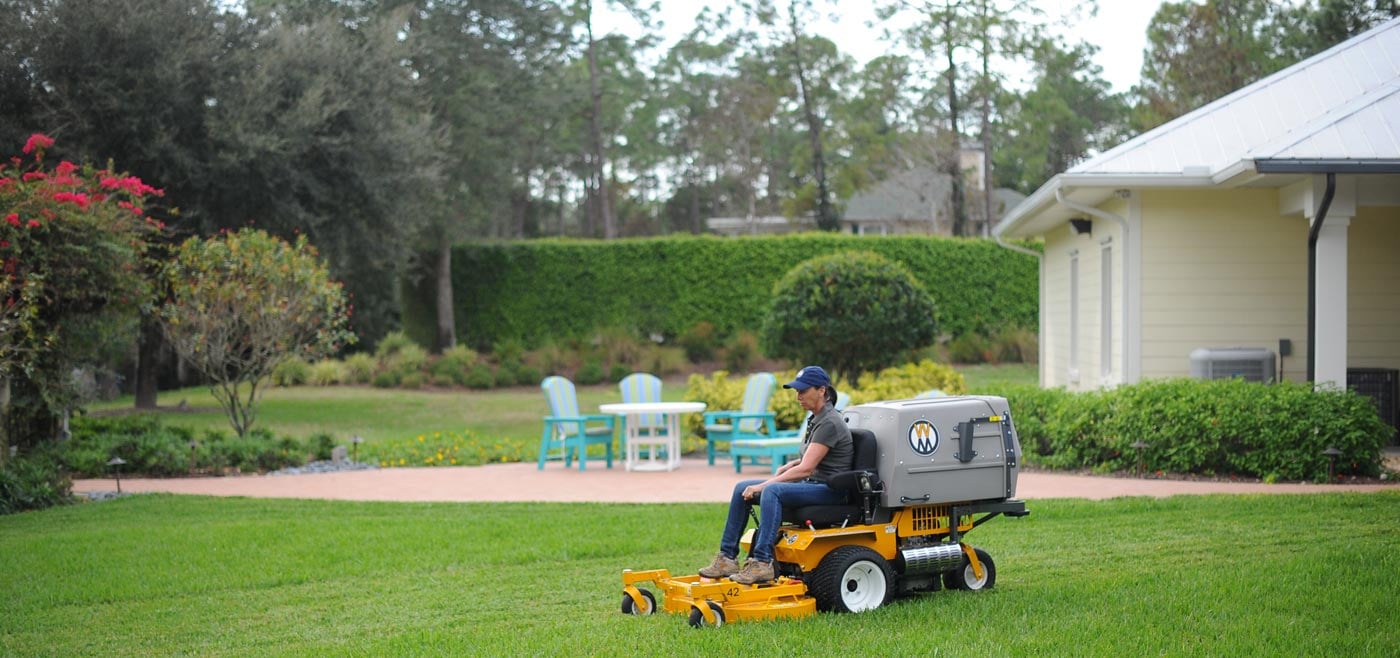

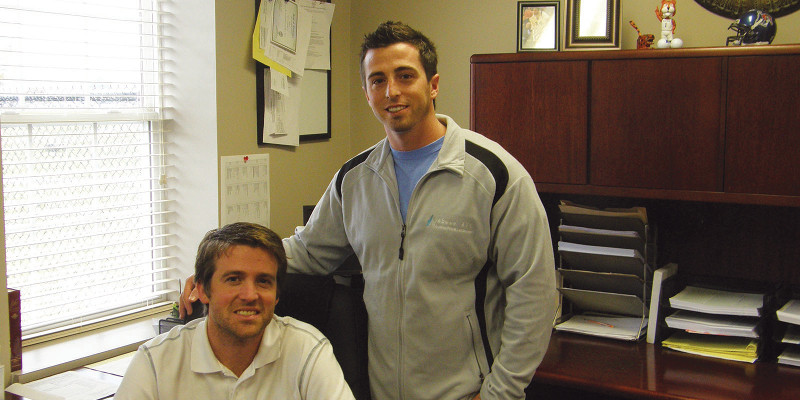
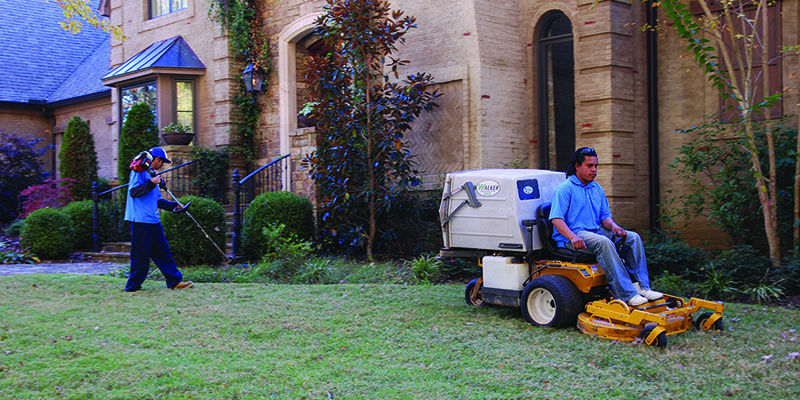
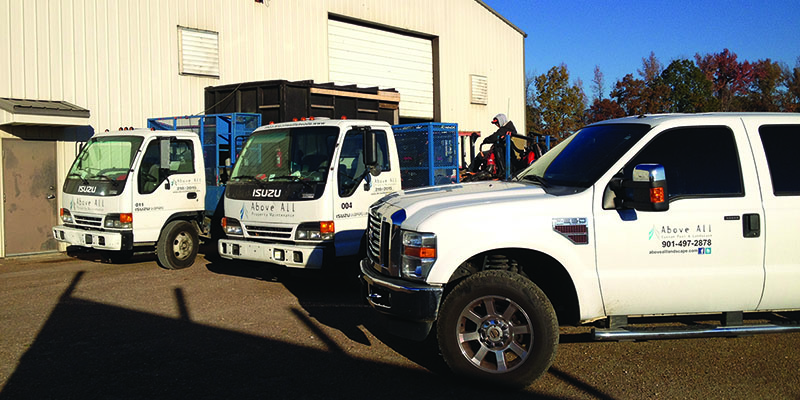
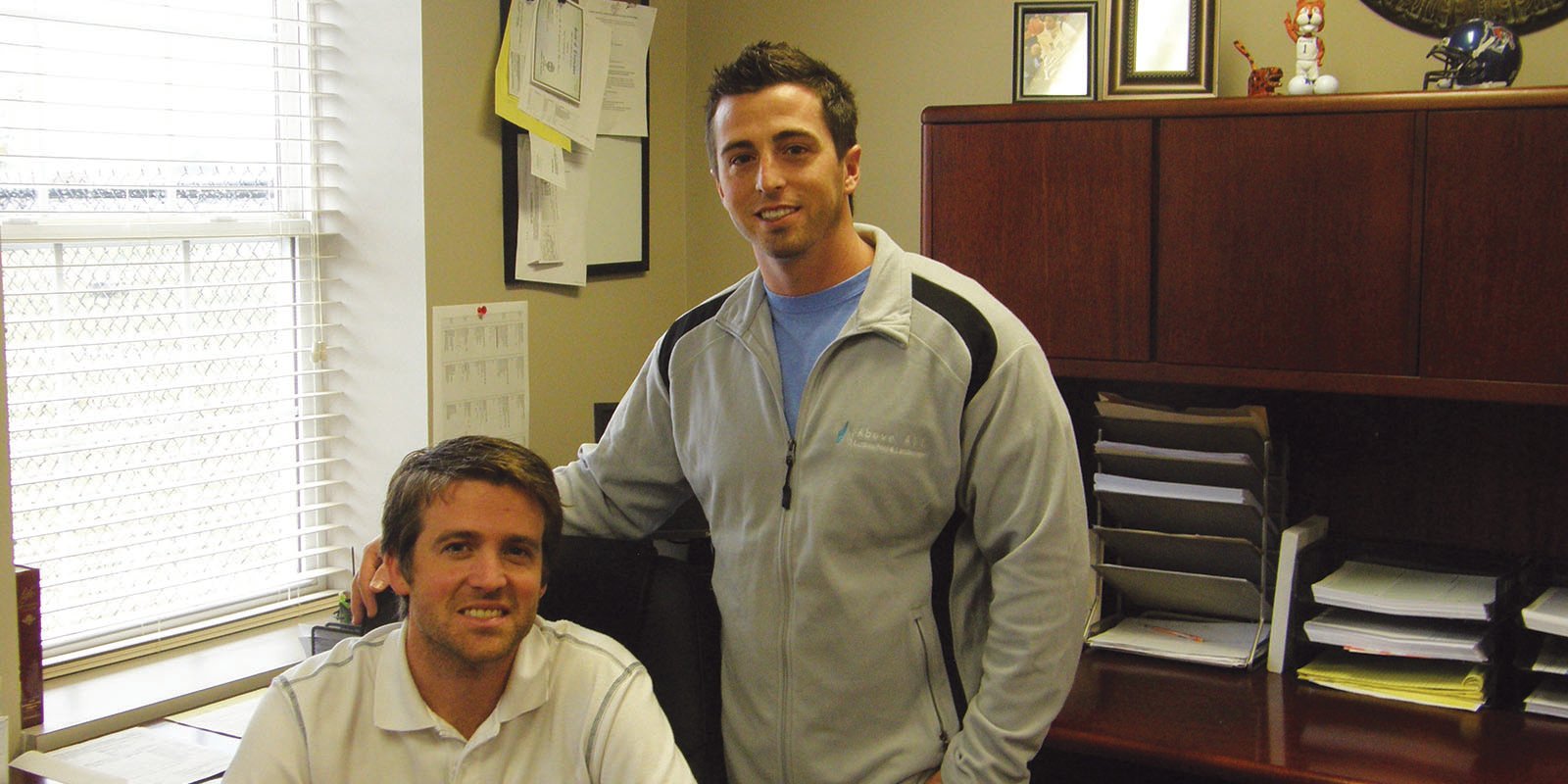

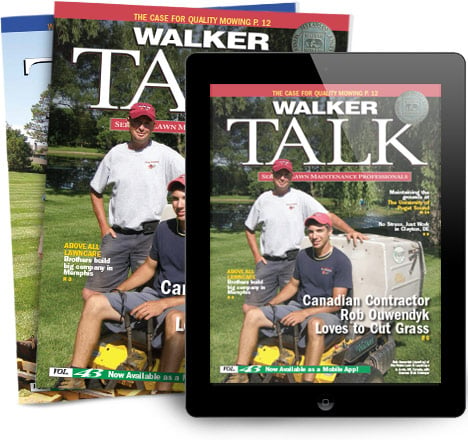
 Site Search
Site Search



